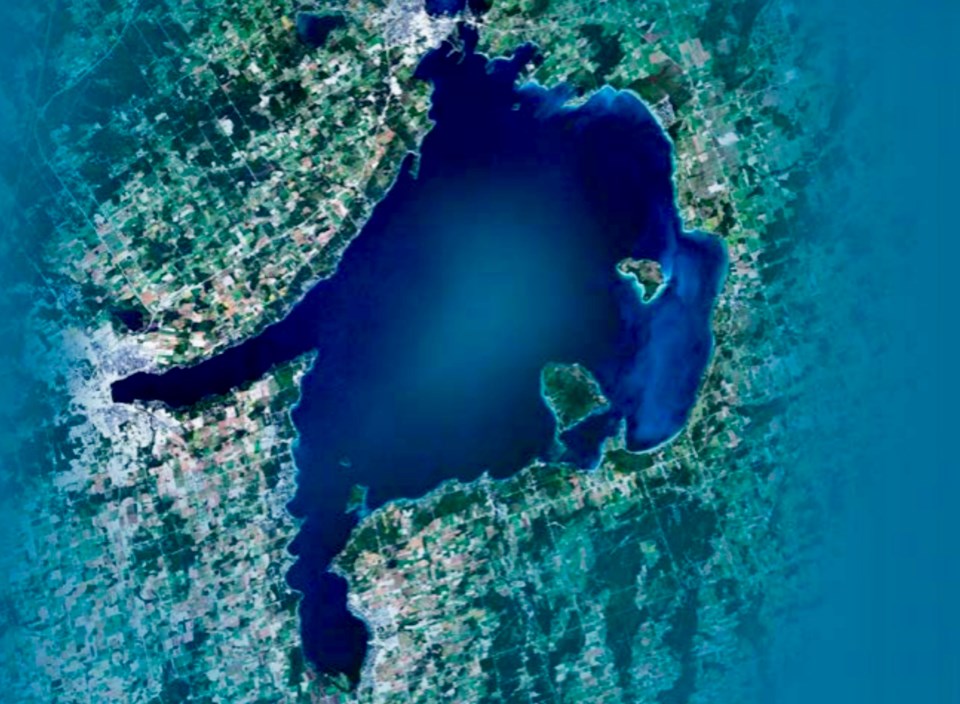NEWS RELEASE
LIVING LAKES CANADA
*************************
A new Canada Water Agency will be up and running by the end of 2023, according to the federal budget released Tuesday, March 28.
As droughts, flooding and deteriorating water quality continue to intensify across the country due in large part to climate change, the creation of a Canada Water Agency (CWA) is a critical step toward tackling the water challenges we face.
“This is a historic development for the protection of Canada’s lakes, rivers, wetlands and aquifers,” said Nicole Trigg, acting government liaison for Living Lakes Canada. “The global climate crisis is a water crisis. Canada holds 20 per cent of the world’s freshwater. It’s encouraging to see the federal government show leadership in this way.”
The agency will be a standalone entity, similar to Parks Canada, which will give it the freedom and control to support freshwater management across provinces and territories. Currently, more than 20 federal departments and agencies have water responsibilities. The CWA will be a central co-ordinating body to ensure collaboration for improved freshwater protection.
Notably, the 2023 budget also includes an initial investment of $650 million over 10 years to safeguard water in specific Canadian watersheds. This amount builds on the $420 million allocated to the protection and restoration of the Great Lakes that was announced during U.S. President Joe Biden’s visit last week. The additional $230 million will support monitoring, assessment, and restoration work in the following watersheds: Lake Winnipeg, Lake of the Woods, St. Lawrence River, Fraser River, Saint John River, Mackenzie River, and Lake Simcoe.
“While it’s promising to see such significant federal funding for freshwater protection during a time of fiscal restraint, Living Lakes Canada will continue to advocate for increased funding for watersheds not listed in the budget, such as the transboundary Columbia River Basin,” said Kat Hartwig, Living Lakes Canada executive director. “Throughout this basin and in other parts of B.C. and Alberta, drought concerns are very real with glacial melt well past peak flow, diminished snowpack and aquifers that are already oversubscribed. Long-term climate adaptation strategies for communities and ecosystems will need federal support. As the CWA takes shape, we will be calling for more funding for watershed security beyond the current scope.”
The climate crisis is posing new, complex challenges that are most acutely seen through water events. According to the Canadian Climate Institute, by 2025, climate impacts and disasters — over 90 per cent of which involve water — will slow down Canada’s economic growth by $25 billion annually, equivalent to 50 per cent of projected GDP growth. It’s proven that investments in freshwater have tremendous benefits. In B.C. alone, a $100 million-per-year investment over 10 years will create a further 13,000 jobs and $1.3 billion to provincial GDP.
The CWA and freshwater funding announcements are part of a broader strategy outlined in the budget that includes new measures to advance reconciliation, invest significantly in Indigenous communities including drinking-water systems, and achieve the goal of conserving 30 per cent of Canada’s land and water by 2030. Ocean, biodiversity, and species-at-risk protection will also receive significant new funding. For details, visit www.budget.canada.ca/2023/report-rapport/chap4-en.html.
*************************
